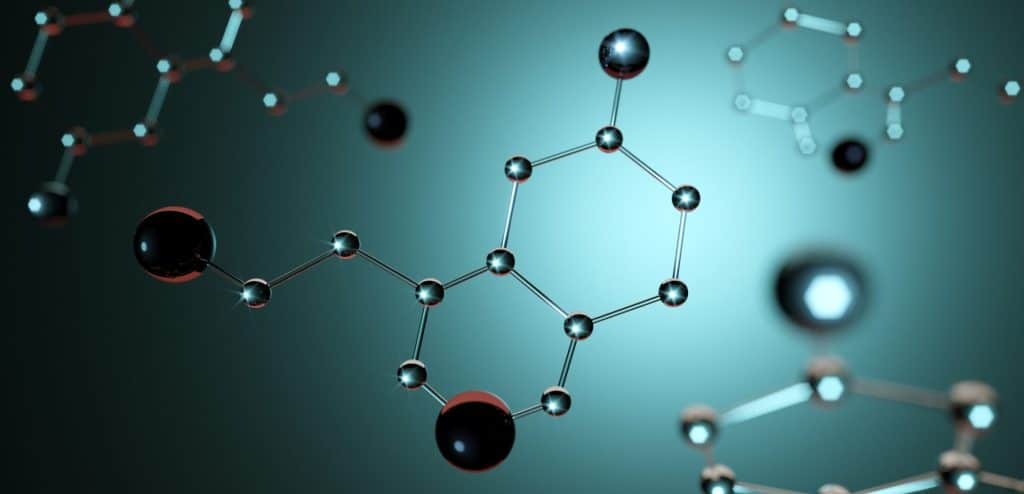Alcohol is a widely consumed substance that can significantly impact the brain and neurotransmitter systems. One such system is serotonin, known as the “feel-good” neurotransmitter. In this blog, we will explore how alcohol affects serotonin levels in the brain, the short-term and long-term effects on mood and mental health, and the importance of understanding this relationship.
Serotonin and Its Role
Serotonin is a neurotransmitter that plays a crucial role in regulating mood, sleep, appetite, and overall well-being. It contributes to feelings of happiness, relaxation, and emotional stability. Imbalances in serotonin levels can lead to mood disorders such as depression and anxiety. Understanding the impact of alcohol on serotonin is vital, as it can have significant implications for mental health.
Short-Term Effects of Alcohol on Serotonin
Alcohol consumption initially increases serotonin levels, leading to a temporary boost in mood and a sense of relaxation. This is why some people initially experience feelings of euphoria when consuming alcohol. However, the effects are short-lived. As alcohol is metabolized by the body, serotonin levels quickly decrease, leading to potential disruptions in mood and emotional regulation.
Long-Term Effects of Alcohol on Serotonin
Consistent and excessive alcohol consumption can lead to long-term disruptions in serotonin function. Chronic alcohol abuse can deplete serotonin levels and interfere with its production, transport, and signaling pathways in the brain. This can result in persistent mood disturbances, increased susceptibility to depression and anxiety disorders, and difficulty experiencing pleasure or regulating emotions.
Alcohol and Serotonin-Related Mental Health Disorders
The impact of alcohol on serotonin is closely linked to the development and exacerbation of mental health disorders. Alcohol abuse and dependence are often comorbid with conditions such as major depressive disorder, generalized anxiety disorder, and post-traumatic stress disorder. These disorders involve dysregulation of serotonin pathways, and alcohol can further disrupt these delicate mechanisms, worsening symptoms and hindering recovery.
Seeking Balance and Support
Understanding the impact of alcohol on serotonin underscores the importance of maintaining a healthy relationship with alcohol and seeking support when needed. Moderation and responsible drinking habits can minimize the negative effects on serotonin and mental health. For individuals struggling with alcohol abuse or mental health disorders, professional help, such as therapy or rehabilitation programs, can provide the necessary support and resources for recovery.
Alcohol can have complex effects on serotonin levels, influencing mood, mental health, and overall well-being. Being mindful of the impact of alcohol on serotonin can help individuals make informed decisions regarding their alcohol consumption and prioritize mental health. Seeking balance, practicing moderation, and seeking professional help when necessary are crucial steps in maintaining a healthy relationship with alcohol and serotonin regulation.

